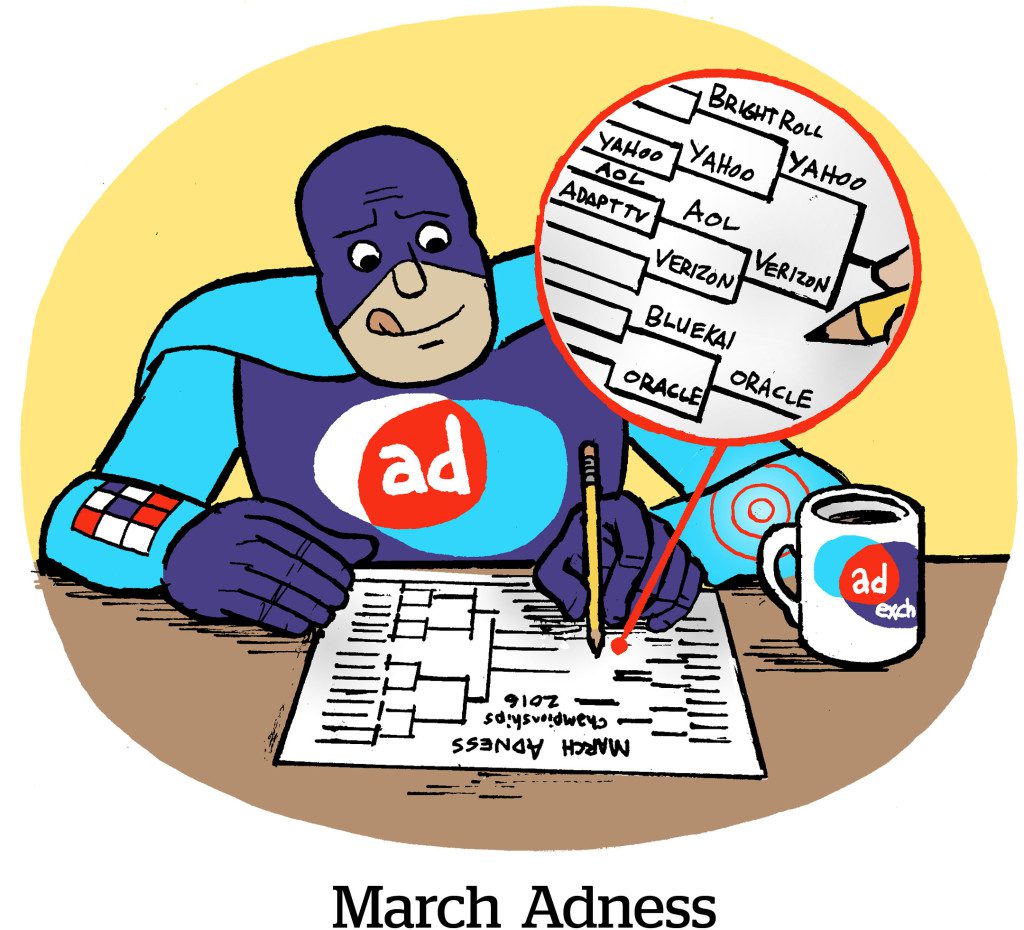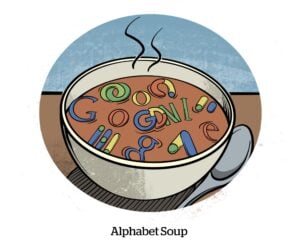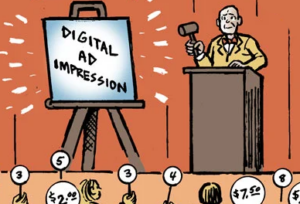Here’s today’s AdExchanger.com news round-up… Want it by email? Sign up here.
Why Oracle Has No Regrets
When Oracle ejected its advertising and data cloud businesses in June, ad industry insiders struggled to see the rationale.
Why punt the ad tech and third-party data businesses? Oracle spent billions to assemble the group, and many of those assets, including Grapeshot and Moat, had their branding intact and would have attracted serious bidders.
Investors are not confused. Oracle shares are up by 35% this year, including a 15% overnight growth spike after the company shocked the world (and its own employees) with the news. And many new investors are coming around to Oracle’s “underdog status,” Bloomberg reports.
Oracle’s growth rate will increase without its declining ad business. Oracle is also beginning to see more favorable valuation multiples and can cash in more effectively on the AI trend. The data sales and third-party tracking businesses earned Oracle some hundreds of millions of dollars per year, but were a drag on its $350 billion market cap.
Oracle has “really flown under the radar compared with [other cloud giants], and there are a lot of investors who don’t own a share,” says Ted Mortonson, a technology desk analyst at Baird.
The New News Business
Ad-supported news no longer brings home the bacon.
“If you’re in general news, you’re probably not making money anymore from your core product,” remarked Jim Egan, principal of FT Strategies, during a panel at an event hosted by FT Strategies last week, Press Gazette reports. “The sector is at the point of marginal, if not negative, profitability.”
Nowadays, publisher monetization centers on non-news content verticals or paid subscriptions.
For example, The Guardian recently launched an ecommerce business and a paid recipe app. These moves have helped it become “way more reader-funded versus ad-funded” and introduced “resilience in our model” that helps it “try and test new things,” The Guardian’s CFO and COO Keith Underwood shared at the event.
But Underwood warns that pubs shouldn’t abandon ad-supported news entirely. Rather, they should diversify in different content formats, such as TV, newsletters and podcasts.
But more and more, it feels like digital media success stories are limited to subscription-supported news startups like Zeteo, which is hosted on Substack. According to WaPo, Zeteo reached $3 million in annual subscription revenue just four months after launch – and it’s looking to events, not ads, as its next revenue stream.
Double Parking
Google will automatically opt new advertisers out of serving ads to parked domains, Ad Age reports. These parked domains are unused or “for sale,” but show ads as part of the Google Search Partners Network.
The change comes after an Adalytics report from late last year, which showed advertisers serving ads to some 21,000 dormant domains. For Performance Max advertisers especially, it was a galling issue, since the product is a black box.
By March, after the report, Google began allowing PMax advertisers to opt out of parked domains.
This is a tiny update in one corner of the Google empire – and Google says the change had nothing to do with Adalytics, despite clearly being in direct response to the report.
But the incremental steps are important, because PMax in particular started off with almost nonexistent inventory and targeting controls. For example, even advertisers who staunchly oppose paying for their own brand terms in search advertising were initially forced to do so via PMax and had no visibility into when it happened. PMax would report spectacular ROAS while picking up people who already searched directly for the brand.
Bit by bit, Google is offering more manual controls to its automation machine.
But Wait, There’s More!
Tickets, venues, bands, bouncers, food: Live Nation controls them all. [The Times]
DOJ vs. Google: The arguments for and against the defendant’s (alleged) ad market monopoly. [Digiday]
Scripps closed out the Upfronts with ‘overwhelming’ demand for women’s sports. [Adweek]
You’re Hired!
X hires former Hyundai CMO Angela Zepeda as global head of marketing. [WSJ]
Alexandra Smith returns to Disney Advertising as director of product management. [LinkedIn]
Lindsey Kintner joins Foursquare as the global head of sales. [release]
Venatus announces new CEO, Nick Hugh. [release]
Havas Media Network hires Jackie Lyons as its first North America chief planning officer. [Campaign]
Business Insider hires Jamie Heller as editor-in-chief. [release]











